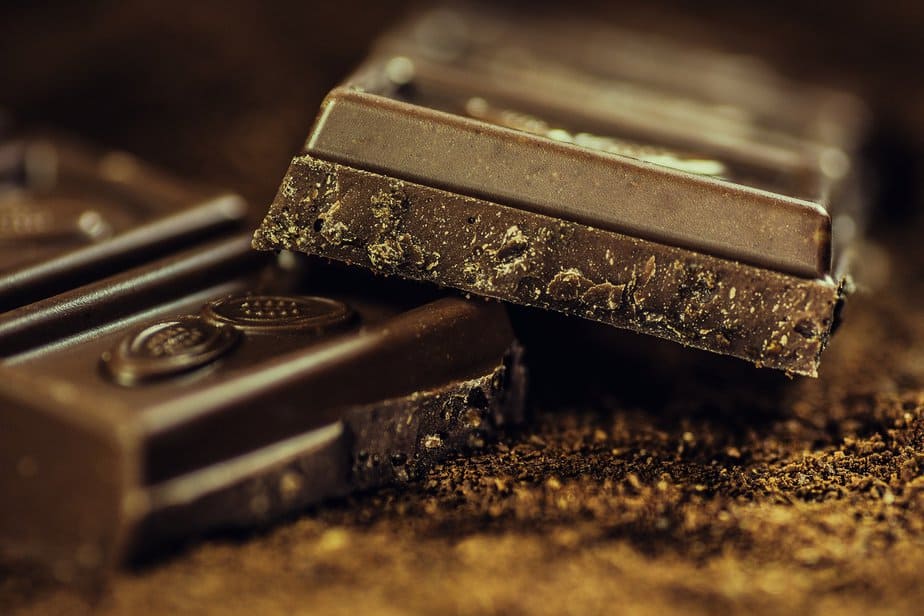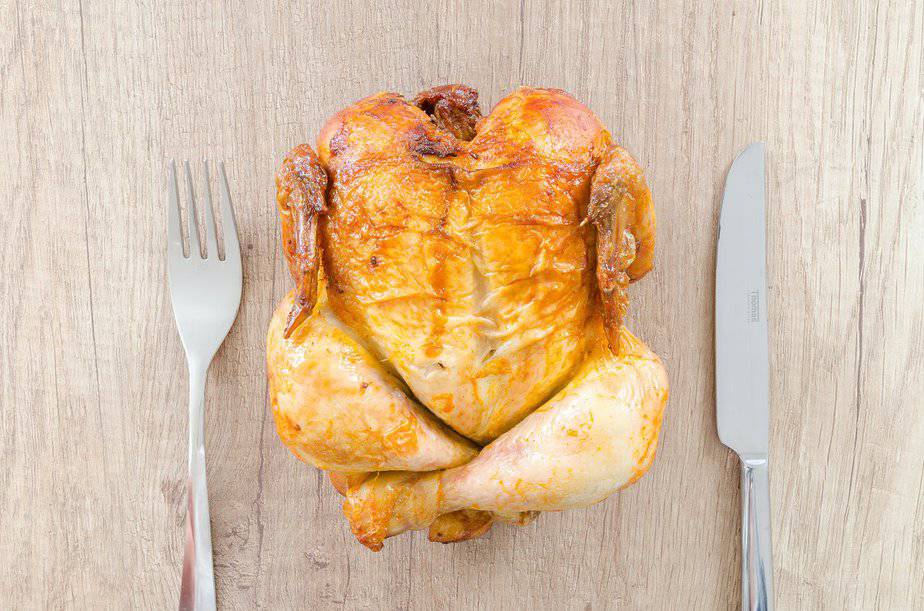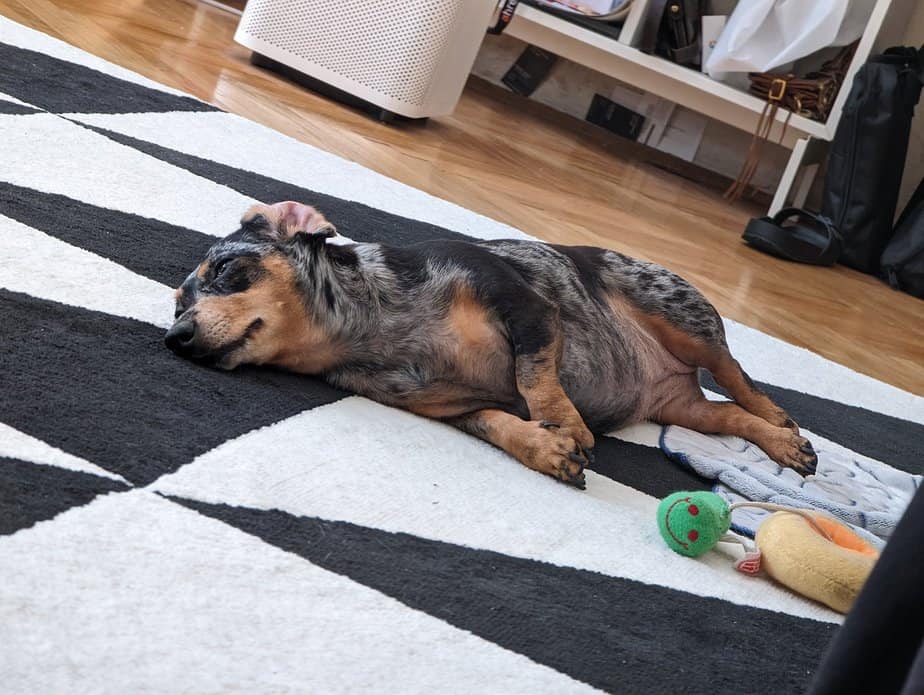While chocolate is a delightful treat for humans, it can pose serious health risks to dogs.
Understanding the potential dangers and taking immediate action if your dog consumes chocolate is crucial for their well-being. In this article, we will explore the consequences of dogs eating chocolate, the potential severity of the situation, and the necessary steps to ensure your furry friend’s safety.
Can Dogs Eat Chocolate?
No, dogs should not eat chocolate.
Chocolate contains theobromine and caffeine, both of which are toxic to dogs. Unlike humans, dogs cannot effectively metabolize these substances, leading to adverse effects on their health.
It’s important to remember that any amount of chocolate can be harmful to dogs, so it’s best to avoid giving it to them altogether.
If a Dog Eats Chocolate, What Happens?
When dogs consume chocolate, the theobromine and caffeine can cause a range of symptoms.
These may include restlessness, increased heart rate, rapid breathing, vomiting, diarrhea, tremors, seizures, and even cardiac arrest in severe cases. The severity of the symptoms depends on the type of chocolate ingested, the quantity consumed, and the size and sensitivity of the dog.
Dark chocolate, baking chocolate, and cocoa powder contain higher levels of theobromine and pose a greater risk.
Can Your Dog Die from Eating Chocolate?
Ingesting chocolate can be life-threatening for dogs.
The theobromine and caffeine content in chocolate can lead to poisoning, resulting in severe reactions that may be fatal if not treated promptly. The potential for fatality depends on the amount and type of chocolate consumed, as well as the dog’s size and overall health.
It’s crucial to seek veterinary care immediately if your dog ingests chocolate.

What Happens if Your Dog Eats Chocolate?
When a dog eats chocolate, the toxic substances in the chocolate can stimulate their nervous system and cardiovascular system.
This can lead to a rapid increase in heart rate, elevated blood pressure, gastrointestinal disturbances, and potential neurological issues. It’s important to monitor your dog for any signs of distress or unusual behavior if they have consumed chocolate.
If My Dog Eats Chocolate, What Should I Do?
If your dog consumes chocolate, it’s crucial to take immediate action.
Contact your veterinarian or a pet poison helpline for guidance. Be prepared to provide information about the type of chocolate, the amount ingested, and your dog’s size and weight. The veterinarian may recommend inducing vomiting, administering activated charcoal to prevent further absorption, or other appropriate treatments based on the situation.
It’s important not to attempt any treatments without professional guidance.
Is Dark Chocolate Worse for Dogs?
Yes, dark chocolate is more dangerous for dogs compared to milk chocolate.
Dark chocolate contains higher concentrations of theobromine and caffeine, making it more toxic. However, all types of chocolate can be harmful to dogs, and it’s essential to avoid any chocolate consumption.
What Happens if Your Dog Eats a Little Bit of Chocolate?
Even a small amount of chocolate can have adverse effects on dogs, depending on their size and sensitivity.
Theobromine and caffeine can be potent even in small quantities, leading to symptoms such as restlessness, vomiting, increased heart rate, and other signs of discomfort. It’s essential to remember that any amount of chocolate should be considered potentially toxic for dogs.
What Quantity of Chocolate is Dangerous?
The toxicity of chocolate varies depending on the type and quantity consumed, as well as the dog’s size. As a general rule, the darker the chocolate, the more dangerous it is for dogs. Even a small quantity, such as a few squares of dark chocolate, can be harmful to a small or sensitive dog.
However, the risk of toxicity increases with larger quantities or with smaller dogs. It’s always best to err on the side of caution and avoid chocolate consumption by dogs altogether.
Keep in mind that…
The ingestion of chocolate by dogs can have serious consequences. The theobromine and caffeine content in chocolate can lead to poisoning and various adverse reactions. If your dog consumes chocolate, swift action is necessary. Contact your veterinarian immediately and follow their instructions.
Remember, prevention is key, so ensure that chocolate is kept out of your dog’s reach to safeguard their health and well-being.




